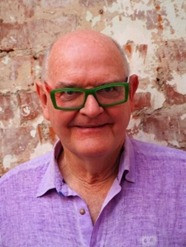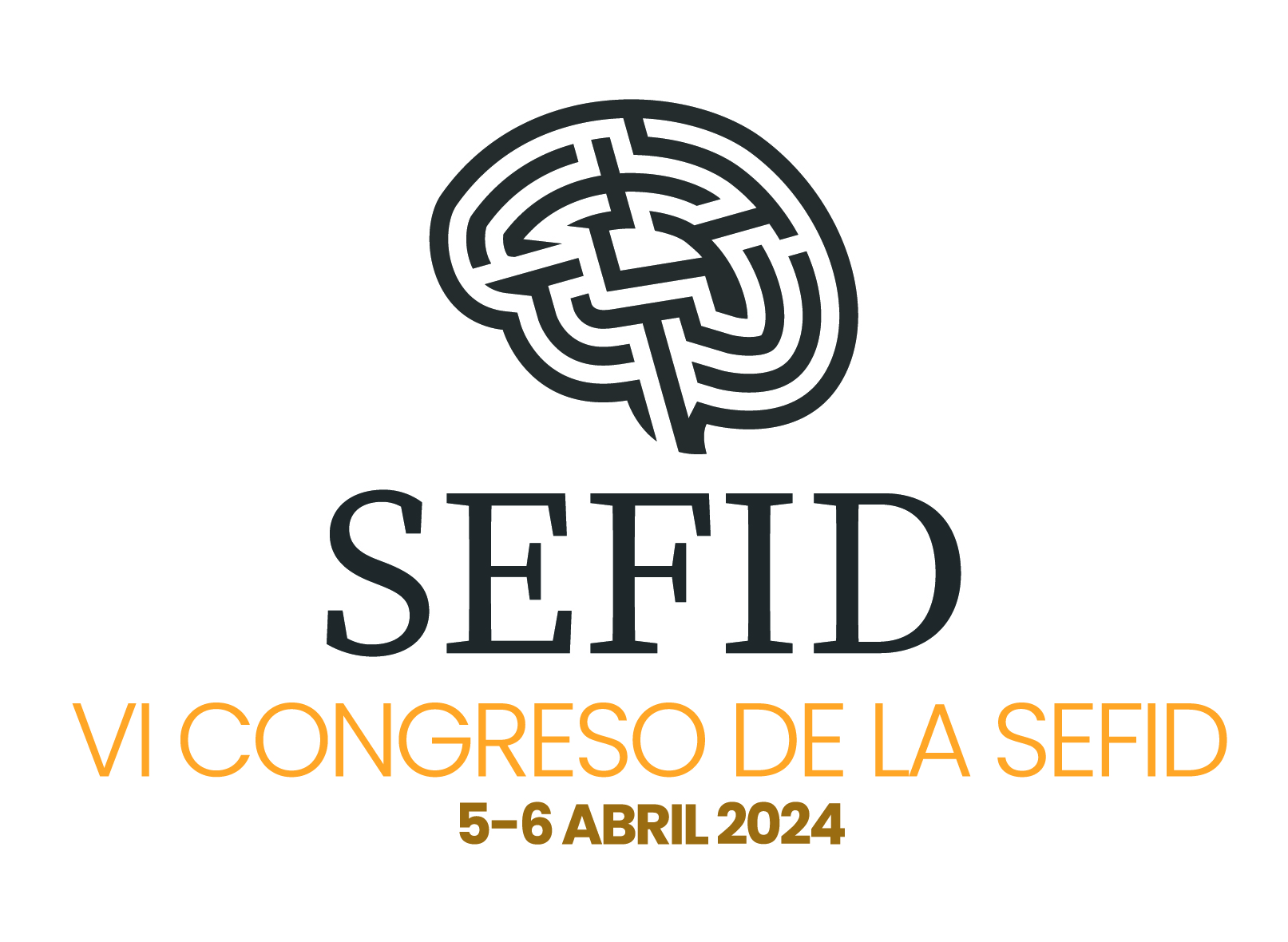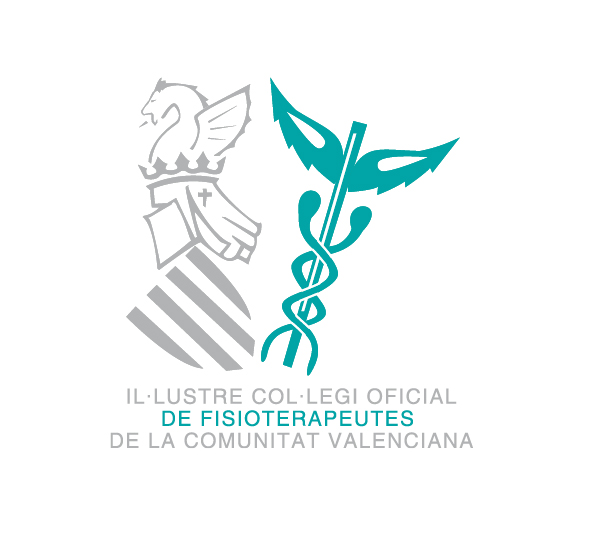David Butler
David Butler
Assoc Professor David Butler, B.Phty, M.App.Sc, EdD
David is a physiotherapist, an educationalist, researcher and clinician, now shifting into peaceful retirement. He is an Adjunct Associate Professor at the University of South Australia and honoured member of the Australian Physiotherapy Association.
Among many publications, his recent texts, co-authored with Lorimer Moseley, include Explain Pain (2003, 2013), The Graded Motor Imagery Handbook (2012), The Explain Pain Handbook: Protectometer (2015), “Explain Pain Supercharged” (2017) and Epiphaknee: A modern approach to knee osteoarthritis. (2022). He is best known as an educationalist and his current focus is around adult conceptual change, diagnostic and therapeutic metaphors and pain story telling.
David is internationally well known and respected as a lively speaker, capable of transforming the most turgid of modern pain sciences into instantly relevant, clinically applicable information.
WORKSHOP SUMMARY
This workshop is about the author’s work taking the modern pain story to gardening clubs in rural Australia. The workshop includes the design of educational strategies as well as the content. The workshop material has application to health professionals using pain science education in group and individual settings. It integrates recent research demonstrating the key educational concepts necessary for changes in pain and function.
The notion of gardening ranges from thinking about gardens, caring for one potplant, building flower and vegetable gardens, to visiting the Alhambra. The topics covered include a challenge to ageism, gardening for children, empowering the garden as therapy for chronic pain, and anxiety, using gardening for physical health and brain representations and the key role of understanding embodiment for health.
SUMMARY PAPER
The pain science education revolution continues. This presentation summarises recent developments including the identification of the critical educational concepts for successful management of chronic pain, new research into non spinal pain groups such as osteoarthritis and CRPS, story telling embracing the immune system and the role of carefully teaching patients how to learn before they learn.
The presentation is also about the philosophical base of pain science education. Current rehabilitation practice (eg cognitive behavioural therapy, manual therapy) exists under a behavioral philosophy, which broadly is to treat the observable behaviors along with motivational strategies. However, the field of educational psychology has long shifted from a behaviorist philosophy to a constructivist philosophy. An awareness of this facilitates the construction of a deeper educational contribution to rehabilitation. Examples are provided.



